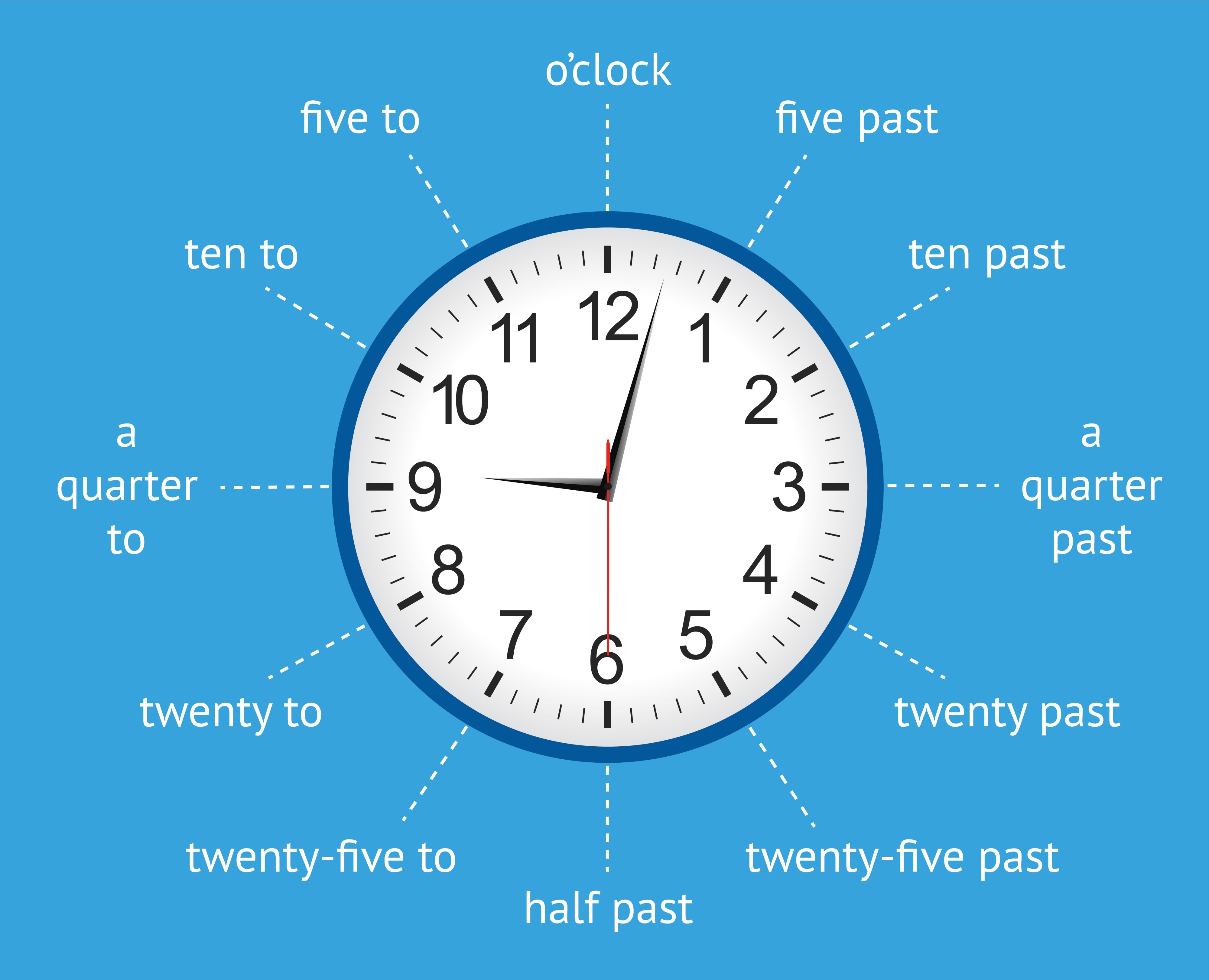The Science of Circadian Rhythms: Your Body Clock Explained
Discover the science behind your body's internal clock and learn how circadian rhythms influence sleep, mood, and health.

You might have noticed that you feel tired around the same time every night and wake up naturally around the same time in the morning. This predictable pattern is all thanks to your body's master internal clock, a complex system known as the circadian rhythm.
This guide will dive into the science behind this powerful rhythm and how it influences not just your sleep, but your entire well-being.
The term "circadian" comes from the Latin words circa (about) and diem (day), literally meaning "about a day." It refers to the 24-hour cycle that controls many of your body's functions, including your sleep-wake cycle, hormone production, body temperature, and metabolism.
At the core of this system is a tiny region in your brain called the suprachiasmatic nucleus (SCN). The SCN acts as your body's master clock, taking cues from the environment—most importantly, light—to keep your internal rhythms synchronized.
Light is the single most powerful external cue for your circadian rhythm.
During the Day
Exposure to light tells your SCN to suppress the production of melatonin, the hormone that makes you feel sleepy. This helps you stay alert and awake.
At Night
As night falls, with less light, your SCN signals the pineal gland to release melatonin. This melatonin release prepares your body for sleep.
Important: Disrupting this process—for example, by using a phone or tablet with a bright screen late at night—can confuse your body clock, making it harder to fall asleep.
When your circadian rhythm is out of sync with your environment, it can lead to a range of health issues. Conditions like jet lag and shift work disorder are prime examples of this misalignment.
Over time, a chronically disrupted circadian rhythm can contribute to:
- • Poor sleep quality
- • Mood swings and irritability
- • Reduced cognitive function
- • Increased risk of heart disease and metabolic disorders
The key to a healthy circadian rhythm is consistency. Try to:
1. Get morning light
Expose yourself to natural sunlight as early as possible after waking up.
2. Maintain a consistent sleep schedule
Go to bed and wake up at roughly the same time every day, even on weekends.
3. Manage evening light
Avoid bright screens and artificial light in the hours leading up to bedtime.
By understanding and respecting the rhythm of your body, you can take control of your sleep and improve your overall health.